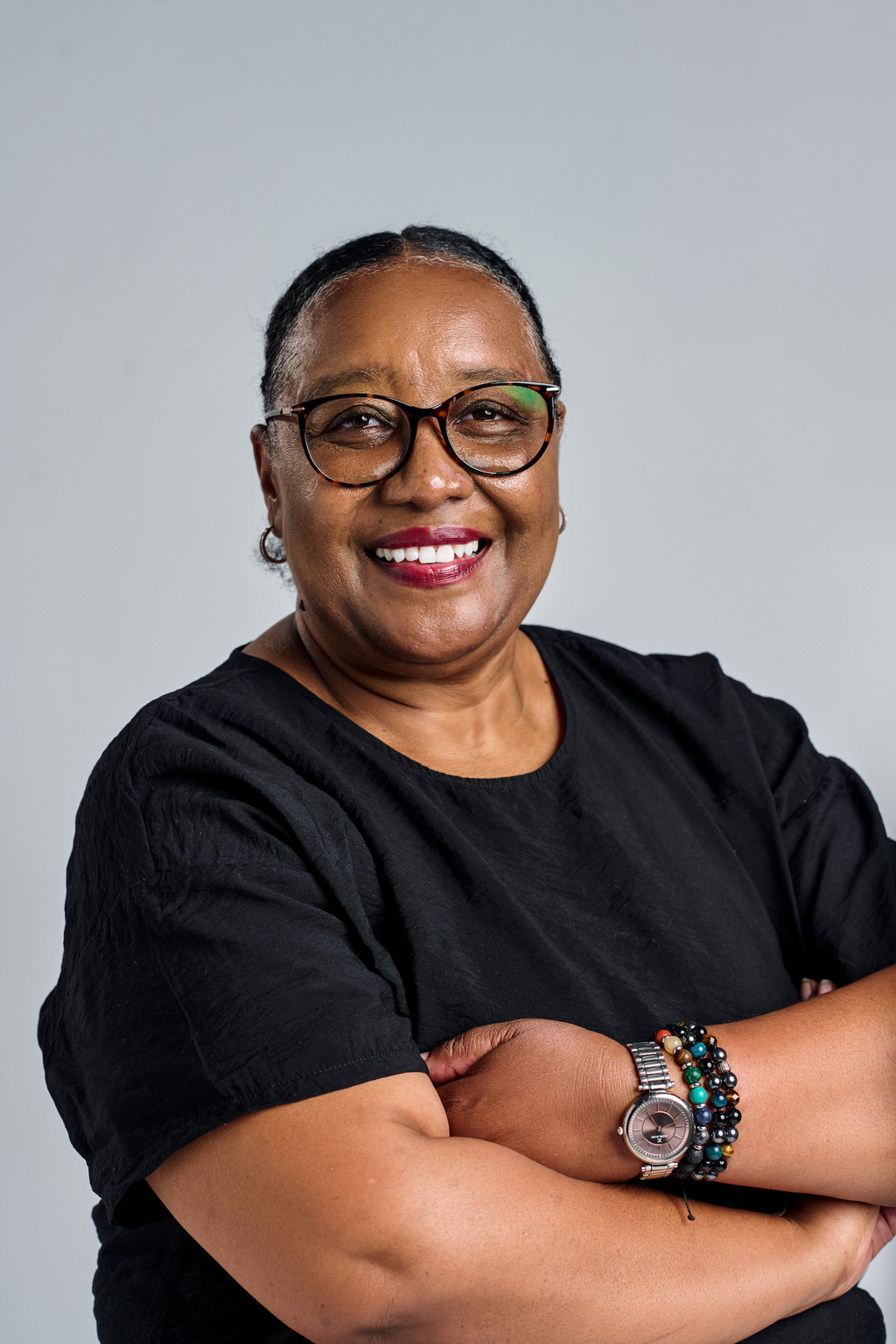


Owner's Profile : Joan de Klerk, Working at Director level since 2006, with well over 32 years professional expertise and exceptional record of professional development. Working at Directorship-Level since 2006, I am an accomplished Mediator; well-versed in multinational programme leadership and collaboration, industrial relations conflict resolution mechanisms. Drafted and finalised strategic plans , annual plans and operational plans presenting innovative solutions congruent to Policy frameworks within the public sector for over 10 years as a Director. Has a sound understanding of the planning process in South Africa spanning over 32 years professional experience. As a trained and tested Project Manager, and a Monitoring and Evaluation Specialist; I have developed, rolled-out and assessed numerous successful strategic initiatives that encourage gender equality – from inception through to close-out and review. I have worked in close partnership with government departments, and developmental and civil society organisations, to drive national impact that uplifts even the most remote / isolated communities.
Gaman Consulting Services has been in existence since August 2023. The company promises to deliver quality services through its values of perseverance, patience and tolerance. The company abides by high ethical standards and accountability throughout its relationships with its customers.
I offer:
ANALYSIS | Joan de Klerk: Where is the accountability for queer rights violations in Africa?
https://www.news24.com/news24/opinions/analysis/analysis-joan-de-klerk-where-is-the-accountability-for-queer-rights-violations-in-africa-20230612
A gay pride rally in Entebbe, Uganda, in 2014.
Isaac Kasamani/AFP
Uganda's draconian bill will have a devastating impact on the LGBTI individuals in Uganda, fuelling discrimination and hatred for LGBTI individuals. Joan de Klerk asks why laws to protect LGBTQIA Africans are not being put into use.
Despite a global outcry, Uganda has passed a far-reaching anti-gay bill. The bill was a slightly amended version of the one first tabled by the legislators, but it still will have awful consequences for queer Ugandans, including the threat of the death penalty.The consequences go beyond the East African nation.
Thirty-two countries on the continent continue to criminalise homosexuality which creates a concerning environment that could strangle queer activism and curtail the lives of lesbian, gay, bisexual, transgender, intersex (LGBTI+) Africans.
In January 2023, the African Commission on Human and Peoples Rights took a step in the right direction by condemning the tragic murder of Edwin Chilobo, a gay activist in Kenya, and in doing so, brought to the attention the importance of member states adhering to Resolution 275.
Activism on the African continent is complex and difficult, and is constantly threatened by resilient homophobic sentiments.
Homophobia in Africa has been linked to patriarchal agendas that are aimed at maintaining the supposed superiority of men by wielding sexuality as a weapon of gender oppression.
Un-African?
An academic article by Thabang Motswaledi and Phemelo Olifile Marumo purports that women have been perceived inferior to men, particularly on the African continent. This notion of women being perceived as lesser than men holds true in many cultures worldwide. With regards to men and sexuality, gay men who diverge from the role defined by society - that of breadwinner or the head of the household - are often perceived not to be real. This form of discrimination and oppression can be observed in many cultures.
At the root of Uganda's bill is the assumption that differing genders are a mortal threat to the traditional African family. Despite the Western influences of the contemporary homophobic wave that is sweeping Africa, one of the major arguments being voiced against the protection of LGBTI rights is that it is ‘un-African'.
Frida Lyonga in another academic article highlights how the West portrays societies with draconian laws against homosexuality as anti-liberal in a modern world. She further states the concept of homophobia carries a very strong negative sentiment that can be compared to racism, and therein lies the concept of power. Although these influences might not be present in all societies for several reasons, advocates of LGBTI rights are often criticised for unwittingly projecting Western understandings of sexualities and gender non-binaries.
Leading Ugandan feminist Dr. Sylvia Tamale has previously wrote that mistaken claim that anything is un-African is based on the essentialist assumption that Africa is a homogeneous entity. In reality, however, Africa is made up of thousands of ethnic groups with rich and diverse cultures and sexualities, and as appealing as the notion of single African culture may be to some people, no such thing exists.
What happened before colonisation?
Prior to colonisation, many African countries did not perceive gender as binary in the way that European colonisers did nor did they correlate anatomy to gender identity. African countries prior to colonisation had no persecution of LGBTI persons or any LGBTI laws.
Reflecting on African history and LGBTI, there was a very relaxed attitude towards homosexuality, gender identity and gender fluidity.
Steven Murray and Will Roscoe in their book titled, "Boy wives and Female Husbands: Studies in African Homosexualities", detail the presence of gender diversity in about fifty societies in every region of the continent south of the Sahara.
Colonisation and the spread of fundamentalist Christian convictions towards sexual orientation, gender identities, gender non-binaries and gender fluidity means that Africa has lost its previous cultural perspectives. They have, in fact, adopted new perspectives on LGBTI and have lost their previous cultural perspectives towards sexual orientation, gender identities and gender fluidity.
In characterising homophobia as part of African culture, the 'un-African' narrative that has spread widely claims that the difference really is one of culture and that there is no reason why Africa should abandon its culture in favour of a western narrative on LGBT. If these African claims are repeated many times over, underlined with religious fervour and the threat of supernatural damnation, this narrative slowly could result in widespread hatred of LGBTI persons.